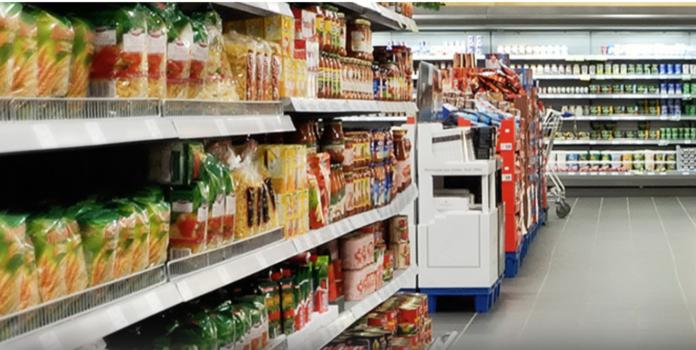Gerhard le Roux, Head of Capital Growth at Capital Connect, discusses key retail trends to watch in 2023.
As we enter 2023, it seems the year will not be any easier for South African retailers or consumers than 2021 and 2022. Fitch forecasts that real household spending will decelerate in line with a wider economic slowdown, while higher inflation and interest rates will provide headwinds for the economy. Volatile exchange rates, continued electricity shortages and high unemployment will call the shots. Yet there are plenty of opportunities for retailers that are innovative and agile enough to spot them and move fast to take advantage, said le Roux.
Amazon effect and Uber Eats revolution
Amazon is reportedly set to launch in South Africa 2023, an event that could make waves for brick-and-mortar and ecommerce retailers of all shapes and sizes. Uber Eats, meanwhile, has launched a ‘dark’ (or virtual) grocery store called Uber Eats Market for quick home deliveries. Brick-and-mortar businesses can compete against these new rivals by integrating their digital and physical experience with options like collect in-store or browse in-store and order online.
Malls are buzzier and bigger than ever
Mall culture in South Africa was too big for the pandemic or ecommerce to kill. There is a flurry of investment underway in shopping centres ranging from the R1 billion mixed use, luxury development at new Oceans Mall in Umhlanga through to strip malls in rural areas and townships. But with consumers researching and even ordering online before they buy, physical and digital are no longer separate siloes.
Retailers should incorporate digital marketing into their customer journey to ensure they are not losing out. Touchpoints such as Google My Business (GMB) are especially important. GMB helps a business get discovered on Google Search and Maps, attracting foot traffic from people using their mobile phones to find nearby shops or restaurants.
Direct-to-consumer (DTC) competition grows
From electronics manufacturers like Apple to sportswear and apparel companies like Nike, more and more consumer brands are selling their products direct to consumers from their own websites and branded stores. Many retailers are finding themselves squeezed between the large general dealers that sell everything and the DTC players who are building direct customer relationships.
Specialist stores can differentiate themselves by offering brand-independent advice. They should also focus on using data-driven insights and digital channels like email and social media to build relationships with customers.
Consumers embrace a conscious lifestyle
Conscious consumption is a rising trend, especially amongst younger and more educated consumers, though not yet as big in South Africa as some other parts of the world. This is seen both in consumers holding brands to higher ethical standards in terms of social, environmental and governance standards as well as seeking to consume in healthier and more sustainable ways.
Reduced red meat eating for health and environmental reasons is an example of the trend in action. Retailers could consider expanding their plant-based, vegan and vegetarian lines to satisfy emerging consumer needs. They could also evaluate whether consumers would be interested in a wider choice of biodegradable cosmetics and toiletries.
White label brands keep winning
South African households are opting for retailer branded or less well known brands rather than premium brands to stretch their rand further. This is a trend that will prevail into 2023. Fitch predicts consumers will continue to prioritise essentials, with rising food, housing and transport costs weighing heavily on them.
Retailers will need to think about which product ranges can help them navigate the right path between affordability, margins and trust. Offering good deals on staples such as sunflower oil and washing powder is one way to attract foot traffic. It’s also a sound idea to offer consumers the option to buy cheaper or white label brands if they prefer.
Loyalty programmes go to the next level
Loyalty programmes such as Clicks ClubCard, Woolworths Everyday Reward and Pick n Pay smart shopper have millions of customers. For any retailer, they remain a key strategy for retaining customers and driving basket size. But these programmes are becoming undifferentiated and complex. Winning retailers will focus on making loyalty programmes more transparent and easier to understand. Offering instant gratification and tangible rewards is key.
Shopper-tain me
Shoppers don’t just want to buy stuff when they hit the mall—they also want to be entertained. Shopper-tainment deepens engagement with customers across different touchpoints. Giving customers opportunities to get hands-on with products or hosting in-store or livestreamed demonstrations, tastings and workshops, are ways to go beyond a transactional relationship with the customer.
CAPITAL CONNECT
https://www.connected.co.za










